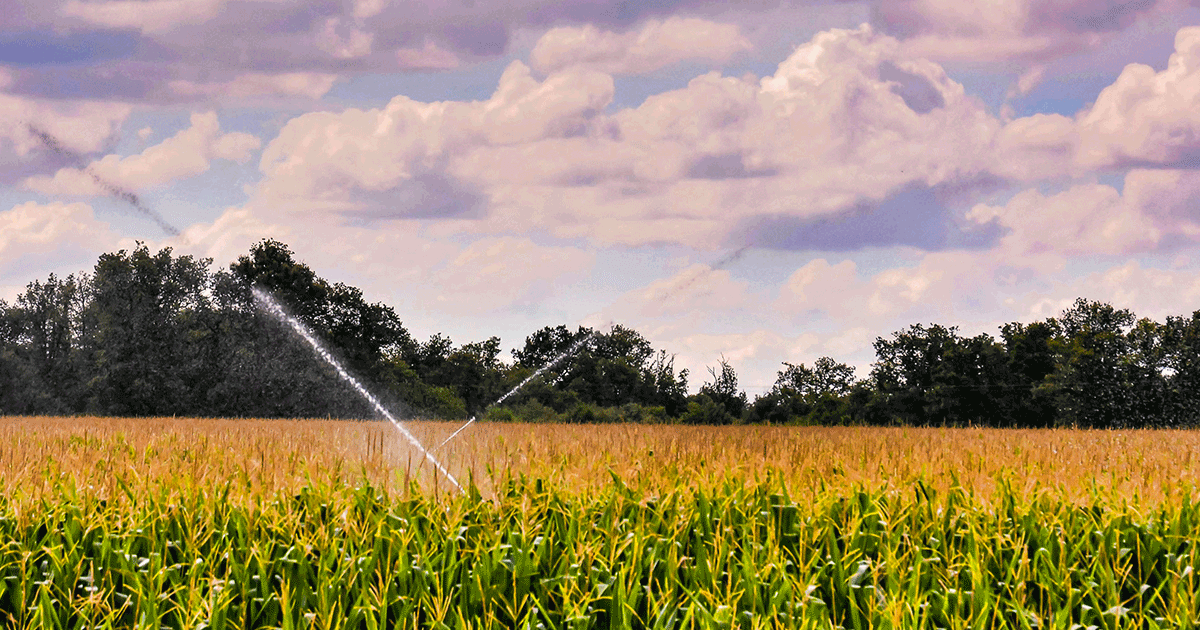Agricultural gypsum effect on irrigation efficiency

Using agricultural gypsum effect on increasing irrigation efficiency
Applying and adding agricultural gypsum to the soil, especially in arid regions, increases irrigation water efficiency. this is done by increasing water absorption coefficient, increasing soil hydraulic conduction, increasing soil moisture storage. and also root growth to lower soil depths. Gypsum-treated soils store between 25 and 70% more usable water than gypsum-free soils. In most cases, it has been shown that the income from reducing water consumption is more than using gypsum cost. When gypsum is used in the fields, it is easier to leach the extra boron element from the soil. and can be done with less water.
Boron toxicity Reduction
In the current situation, the amount of boron is high in most irrigation waters and saline soils. and if irrigation water containing large amount of boron is used continuously, it’ll cause this element accumulation to toxicity extent. A proposed approach to reduce boron amount in soil and eliminate soil toxicity is to leach soil with much water. to do that, the required water needs to be provided.
Under these conditions, if agricultural gypsum is used as an amendment in winter and then the soil is leached, the amount of water required to leach boron is reduced to one-third. Even if the amount of boron in the soil is high, a large amount of calcium prevents the absorption of boron by plant roots and can limit toxicity by inactivating extra boron. However, it should be noted that a small amount of boron element is necessary to move calcium in the vascular system of plants.
Actually Boron is an essential micronutrient for plant growth, and it plays a key role in the formation of cell walls and other plant structures. A deficiency of boron can lead to stunted growth, poor fruit development, and other plant health issues. Therefore, it is important to ensure that plants have access to a small amount of boron, while also taking steps to limit its toxicity, such as applying gypsum as an amendment, monitoring soil boron levels, and adjusting irrigation practices to reduce leaching.
